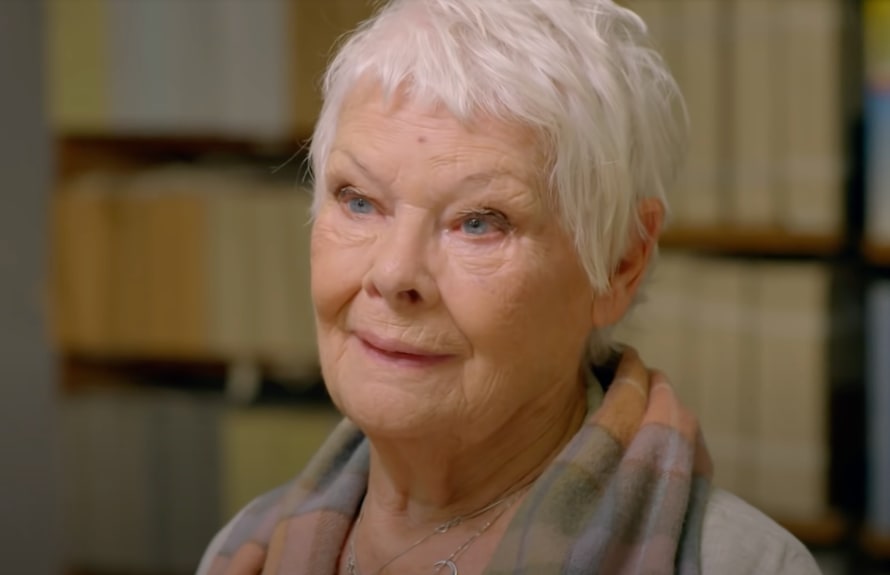Trigger warnings, which prepare an audience for distressing content of a particular nature, have become increasingly common in pretty much all forms of media and performance. Dame Judi Dench has now weighed in on the ongoing debate about whether they help or hinder the patron experience in the realm of live theatre, telling Radio Times, "If you're that sensitive, don't go."
Dench echoed the sentiments expressed by the likes of actors Matt Smith and Ralph Fiennes, the latter having suggested earlier this year in article published by The Guardian that trigger warnings be scrapped, arguing that perhaps audiences should be "shocked" and "disturbed" by what transpires on stage. He added that anything that could "affect people physically," like seizure-inducing strobe lights, should be noted prior to a performance.
"Do they do that? My God, it must be a pretty long trigger warning before King Lear or Titus Andronicus! Crikey, is that really what happens now?" Dench said in her Radio Times interview. "I can see why they exist, and it is preparing people, I suppose, but if you're that sensitive, don't go to the theatre, because you could be very shocked. Where is the surprise of seeing and understanding it in your own way?"
She continued, "Why go to the theatre if you're going to be warned about things that are in the play? Isn't the whole business of going to the theatre about seeing something that you can be excited, surprised, or stimulated by? It's like being told they're all dead at the end of King Lear. I don't want to be told."
Someone eager to play Devil's Advocate might counter that it's demonstrably possible to make trigger warnings that don't spoil the whole plot, but this would obviously be easier with certain works than others. Again, trigger warnings have been widely adopted in most entertainment contexts as the impacts of PTSD and C-PTSD have become more readily understood — and do people at all points of trauma recovery not still deserve to enjoy art?
